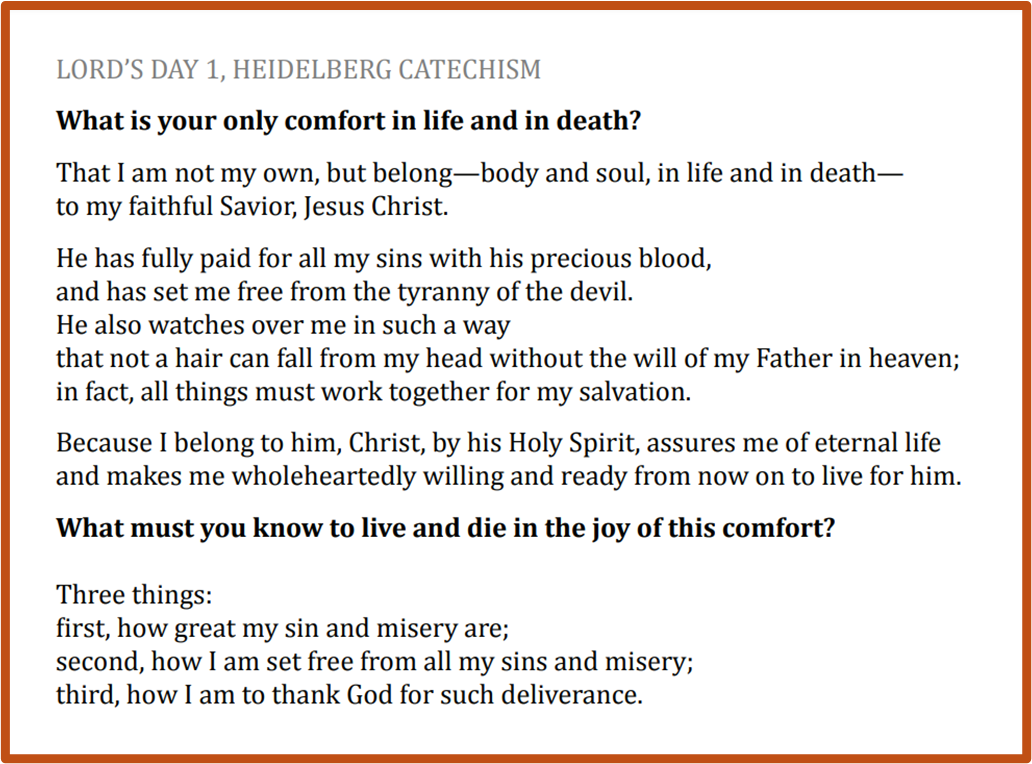Becky and I recently watched a three-part British television series, MaryLand, and liked it very much. I’ll try to avoid any spoilers in case you wish to watch it yourself, so here is the description you will find at the PBS website:
MaryLand follows two estranged sisters who reunite to unearth the truth about their mother’s sudden death and her double life on the Isle of Man. This is not so much a murder mystery as a compelling tale of two siblings opening up to each other as they work out a string of family secrets. The Guardian (UK) hails MaryLand as “joyful and incredibly affecting.”
In fact, the heart of the series is the “compelling tale of two siblings opening up to each other.” But, as the teaser suggests, there is a mystery to be solved concerning the sudden death of Mary, the two sisters’ mother. Again, no spoilers, but Mary’s death and the mystery surrounding it is more than just a screenwriter’s device to get at the emotional and relational drama of the estranged sisters reconciliation. Neither the sisters nor the viewer will be reconciled to Mary’s death. Death wins. Enough said. Continue reading





